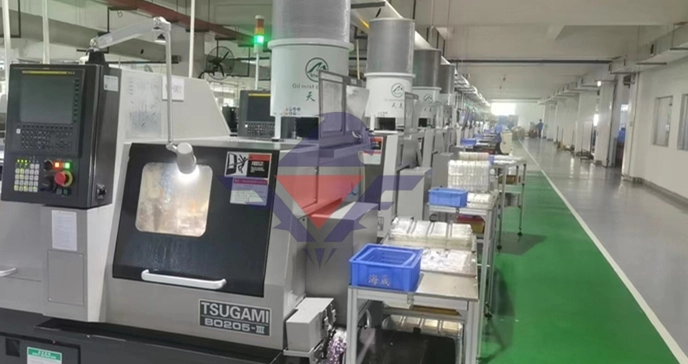Endotoxin Assay Kits for Accurate Bacterial Toxin Detection

# Endotoxin Assay Kits for Accurate Bacterial Toxin Detection
## Introduction to Endotoxin Assay Kits
Endotoxins, also known as lipopolysaccharides (LPS), are toxic components found in the outer membrane of Gram-negative bacteria. These toxins can cause severe immune responses in humans and animals, making their detection crucial in pharmaceutical, medical, and research applications. Endotoxin assay kits provide a reliable and accurate method for detecting and quantifying these harmful substances.
## Why Endotoxin Detection Matters
Endotoxins pose significant risks in various industries:
- Pharmaceutical manufacturing: Contamination can lead to product recalls
- Medical devices: Must be endotoxin-free to prevent patient complications
- Research laboratories: Need accurate measurements for experimental validity
- Water treatment facilities: Must monitor for bacterial contamination
## Types of Endotoxin Assay Kits
1. Limulus Amebocyte Lysate (LAL) Tests
The most common method, derived from horseshoe crab blood, includes:
- Gel-clot assays
- Chromogenic assays
- Turbidimetric assays
2. Recombinant Factor C (rFC) Assays
A synthetic alternative to LAL that offers:
- Animal-free testing
- High specificity
- Reduced variability
## Key Features of Quality Endotoxin Assay Kits
When selecting an endotoxin detection kit, consider these essential features:
- High sensitivity (typically 0.005-0.1 EU/mL)
- Broad detection range
- Minimal interference from sample matrices
- Validation for specific applications
- Compliance with regulatory standards (USP, EP, JP)
## Applications Across Industries
Pharmaceutical Industry
Used for testing:
- Injectable drugs
- Vaccines
- Biologics
- Medical devices
Research and Development
Critical for:
- Studying inflammatory responses
- Developing new therapies
- Quality control in cell culture
Keyword: Endotoxin Assay Kits
## Choosing the Right Kit for Your Needs
Consider these factors when selecting an endotoxin assay kit:
- Sample type and volume
- Required sensitivity
- Throughput needs
- Budget constraints
- Regulatory requirements
## Conclusion
Endotoxin assay kits provide essential tools for ensuring product safety and research accuracy across multiple industries. By understanding the different types of assays and their applications, professionals can select the most appropriate method for their specific needs, contributing to better quality control and patient safety.